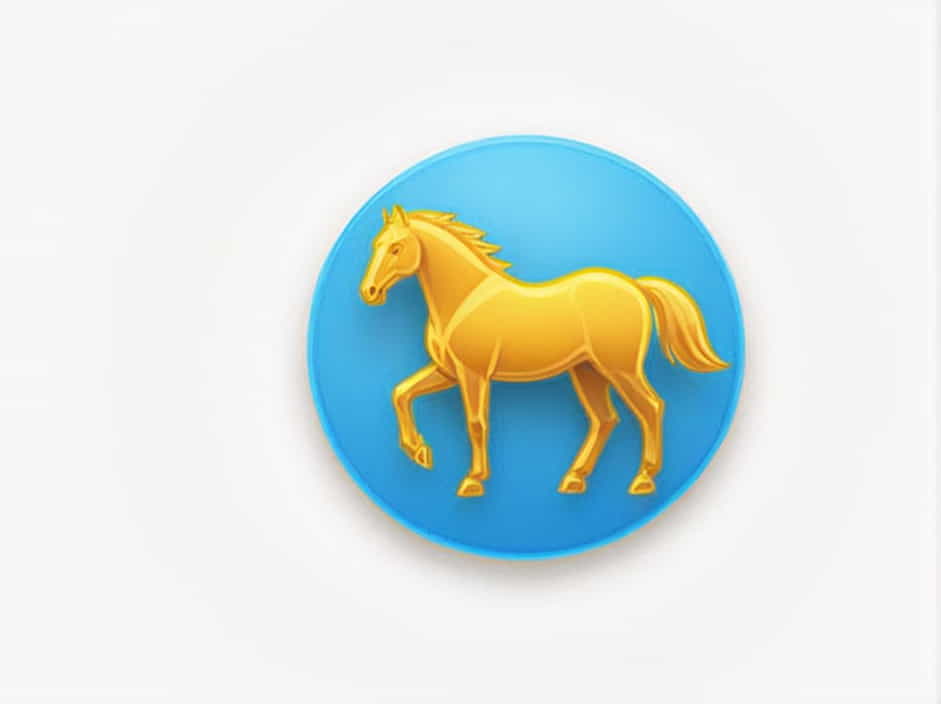Vitamin E and selenium are crucial nutrients for maintaining the health and well-being of horses. They play a significant role in muscle function, immune support, and overall vitality. A deficiency in either nutrient can lead to serious health issues, including muscle disorders and a weakened immune system.
In this topic, we will explore the benefits of vitamin E and selenium, signs of deficiency, the best sources, and how to ensure your horse gets the right amount.
Why Vitamin E and Selenium Are Important for Horses
Vitamin E: A Powerful Antioxidant
Vitamin E is a fat-soluble antioxidant that helps protect cells from damage caused by free radicals. It is essential for:
- Supporting immune function
- Promoting healthy muscles
- Enhancing nerve function
- Reducing oxidative stress in performance horses
Since horses cannot produce vitamin E naturally, they must obtain it from their diet. Fresh pasture is an excellent source, but stored hay loses its vitamin E content over time.
Selenium: A Critical Trace Mineral
Selenium is a trace mineral that works together with vitamin E to prevent cell damage and support muscle function. It is necessary for:
- Protecting against muscle disorders like white muscle disease
- Boosting the immune system
- Supporting reproductive health
- Improving antioxidant defense mechanisms
Selenium is found in soil, but its levels vary by region. Horses in areas with selenium-deficient soil may require supplementation.
Signs of Vitamin E and Selenium Deficiency in Horses
Deficiencies in these nutrients can lead to serious health problems. Some common signs include:
Vitamin E Deficiency Symptoms
- Muscle weakness or atrophy
- Poor coordination and difficulty moving
- Weakened immune system, leading to frequent infections
- Neurological issues such as equine degenerative myeloencephalopathy (EDM)
Selenium Deficiency Symptoms
- Muscle stiffness and weakness
- Difficulty swallowing (dysphagia)
- Poor coat condition
- White muscle disease in foals, which causes muscle degeneration
Performance horses, young foals, and older horses are particularly vulnerable to these deficiencies.
Sources of Vitamin E and Selenium for Horses
Natural Sources
- Vitamin E: Fresh green pasture is the best natural source. However, if pasture is unavailable, supplementation may be necessary.
- Selenium: Found in soil and forages, but levels vary greatly depending on geographic location.
Supplementation
If a horse’s diet lacks these essential nutrients, supplementation is often required.
Vitamin E Supplements
- Natural vitamin E (d-alpha-tocopherol) is more bioavailable than synthetic forms.
- Can be found in powders, liquids, or pellets for easy administration.
Selenium Supplements
- Available in organic (selenium yeast) and inorganic (sodium selenite) forms.
- Organic selenium is generally more absorbable and effective.
It is essential to consult a veterinarian before adding selenium supplements, as excess selenium can be toxic.
Determining the Right Dosage for Horses
Recommended Daily Intake
- Vitamin E: 500-1000 IU for maintenance horses, up to 5000 IU for high-performance horses.
- Selenium: 1-3 mg per day, depending on dietary intake and regional soil levels.
Horses with high activity levels or specific health conditions may require customized supplementation plans.
Potential Risks of Over-Supplementation
While deficiencies can cause problems, excessive supplementation can also be harmful.
Vitamin E Overdose
Although rare, too much vitamin E can interfere with other vitamins and minerals, leading to imbalances.
Selenium Toxicity
Excess selenium is dangerous and can cause:
- Hoof cracks and loss
- Hair loss
- Neurological issues
- Severe poisoning in extreme cases
Always follow veterinary recommendations to ensure safe supplementation.
How to Ensure Proper Nutrition for Your Horse
- Test Forage and Soil: Knowing the nutrient content of pasture and hay can help determine supplementation needs.
- Use High-Quality Supplements: Choose trusted brands with natural ingredients.
- Monitor Your Horse’s Health: Regular check-ups can help detect early signs of deficiencies.
- Work with a Veterinarian: A professional can help tailor a diet plan based on your horse’s specific needs.
Vitamin E and selenium are vital for a horse’s health, playing a crucial role in muscle function, immune defense, and overall well-being. While fresh pasture provides natural sources of these nutrients, supplementation may be necessary, especially in selenium-deficient areas.
By understanding the importance of these nutrients and following proper feeding guidelines, horse owners can ensure their animals stay healthy, strong, and active for years to come.
